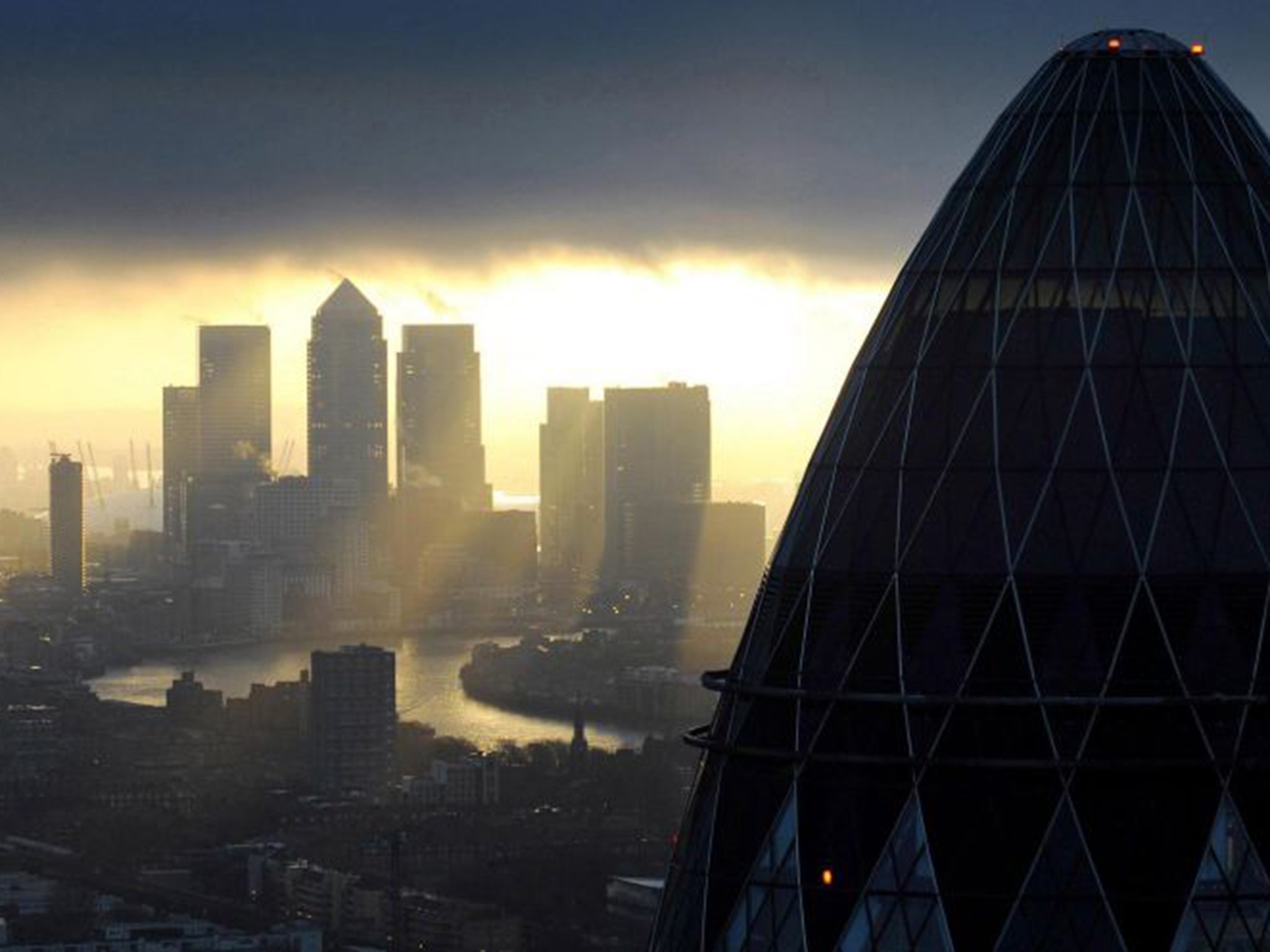UK faces short recession as Brexit uncertainty hits house prices, consumer spending and jobs, EY predicts
The UK economy is likely to suffer 'severe confidence effects on spending and business'

Your support helps us to tell the story
From reproductive rights to climate change to Big Tech, The Independent is on the ground when the story is developing. Whether it's investigating the financials of Elon Musk's pro-Trump PAC or producing our latest documentary, 'The A Word', which shines a light on the American women fighting for reproductive rights, we know how important it is to parse out the facts from the messaging.
At such a critical moment in US history, we need reporters on the ground. Your donation allows us to keep sending journalists to speak to both sides of the story.
The Independent is trusted by Americans across the entire political spectrum. And unlike many other quality news outlets, we choose not to lock Americans out of our reporting and analysis with paywalls. We believe quality journalism should be available to everyone, paid for by those who can afford it.
Your support makes all the difference.The UK is to endure a “short shallow recession” at the turn of the year as the uncertainty following Britain’s vote to leave the EU will hit consumer confidence, push down house prices and weaken the job market, an economic forecasting group predicts.
The UK economy is likely to suffer “severe confidence effects on spending and business”, the EY Item Club said. The group cut its prediction of economic growth for the next few years.
UK’s growth forecast for 2017 and 2018 was slashed from 2.6 and 2.4 per cent three months ago respectively, to 0.4 per cent and 1.4 per cent today.
EY economists expect the Monetary Policy Committee (MPC) to cut interest rates to zero by November but say that inflation is also likely to rise above 2 per cent.
The forecast sees unemployment rising from 5 per cent currently to 7.1 per cent by the end of 2019. This will have a knock-on impact on household real disposable income, which is forecast to fall by 0.5 per cent in 2017.
Consumer spending is expected to increase by 2.2 per cent this year but then drop by 0.6 per cent in 2017, the first decline since 2011.
Peter Spencer, chief economist advisor to the EY Item Club said the economy is set to suffer a severe loss of momentum in the second half of the year.
“Heightened uncertainty is likely to hold back business investment, while consumer spending will be restrained by a weaker jobs market and higher inflation. Longer-term, the UK may have to adjust to a permanent reduction in the size of the economy, compared to the trend that seemed possible prior to the vote,” Spencer said.
However, the weaker pound could provide one silver lining to exporters, particularly those selling to the US and emerging markets, he added.
Steve Varley, chairman of EY UK, said the next two years would be “undoubtedly challenging”.
“The UK government will need to quickly introduce measures to help offset Brexit blues, support the economy and continue to attract foreign investment,” Varley said.
“The focus now needs to be on making sure that the UK negotiates the right trade deals that will allow access to key markets,” he added.
Richard Buxton, the chief executive and head of UK equities at Old Mutual Global Investors (OMGI), on Monday said the aftermath of Britain’s decision to leave the UK will be “horrible”.
Markets had already priced in a “significant recession”, he added.
“Now I think the economy is going to judder to a halt [or] have a mild recession, but I don’t think it is going to be as severe as some of these shares are pricing in. That said, there is no mad rush to add to or buy into some of those stocks, because the real economy is only going to gradually emerge over the next three to six months,” Buxton said.
BlackRock, the largest asset manager in the world with $4.6 trillion under management as of 2015, predicted Britain will be plunged into a recession this year and be plagued with lower economic growth for another five years.
But Philip Hammond, the new UK Chancellor has said the UK “is open for business” .
His comments came after Japan’s Softbank has agreed to acquire ARM Holdings, a UK technology firm for £24.3 billion, just weeks after the referendum on the EU membership.
The company said it would keep its Cambridge headquarters and that it would at least double the number of its staff over the next five years.
“Just three weeks after the referendum decision, it shows that Britain has lost none of its allure to international investors,” the Chancellor said in a statement.
“Britain is open for business - and open to foreign investment. Softbank's decision confirms that Britain remains one of the most attractive destinations globally for investors to create jobs and wealth,“ he added.
Join our commenting forum
Join thought-provoking conversations, follow other Independent readers and see their replies
Comments